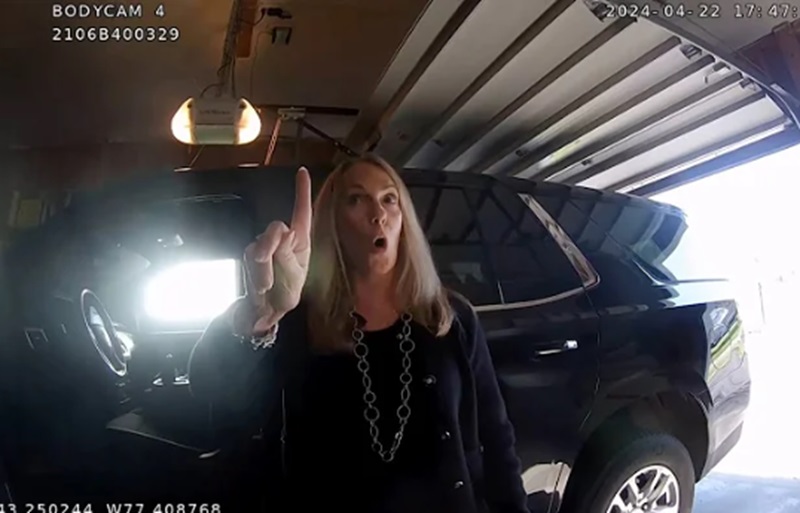
The recent solar eclipse, with a few exceptions, was regarded as a natural phenomenon happily explained by astronomers. We were assured that the sun was not being consumed by a cosmic dragon and that the moon’s shadow was not the dawn of the apocalypse.
It is an interesting study how some scientific discoveries not only go unrecognized, but the scientists who make advances in knowledge are so often rebuked. In 1846 a Hungarian doctor named Ignaz Semmelweis discovered that maternal death rates were higher when the baby was delivered by doctors rather than midwives. As it turns out, the midwives didn’t do autopsies before attending to mothers but the doctors often did. Iggy couldn’t convince the doctors of the day to wash their hands. The implication made his colleagues angry and Semmelweis died in an insane asylum. Hand washing guidelines were officially established only in the 1980s.
The return of the tourniquet to save lives from bleeding victims came about over a 100 years after Civil War protocol forbad tournequets unless the limb was inevitably going to be amputed. Turns out that we can save lives and limbs, after coasting on false assumptions. Similarly, stomach ulcers were thought to be caused by stress, and some doctors were even prescribing cigarettes to calm the nerves. In 1982, two Australian doctors were credited with discovering that most of those problems were bacterial, not behavioral. It was a discovery worthy of a Nobel prize after, once again, decades of erroneous assumptions.
And what has this to do with the Colorado legislature? They are collectively making wrong assumptions against known or knowable facts to promote laws that are friendly to the criminal element and injurious to liberty and public safety.
After taking away qualified immunity, impugning non-recorded officer testimony, and requiring judgements against an officer to be personally covered and not insured, this session the Colorado legislature had a bill that would have prohibited putting suspects in a prone position during an arrest. Prohibiting prone restraint by statute has no merit and could only imperil officers exercising the most basic arrest procedures.
According to Force Science Institute, the preeminent organization devoted to human capacity research “In a new, broad-based study of violently resisting suspects, a prominent researcher has found that restraint in the prone position produces no fatal adverse effects, even when Taser shocks, weight on the subject’s back, and hobbling are employed by officers to gain control.” But a number of lawmakers won’t let facts interfere with their work.
Colorado is also churning out a basketful of laws to disarm and disable citizens who lawfully possess firearms. Defining assault weapons so broadly that almost anything with a magazine could be subject to eventual seizure, imposing harsh fees and already licensed gun sellers, and recording every firearms purchase by tracing the credit/debit card used to purchase using a mandatory code. Other proposals include banning firearms from virtually any space but the home, and prohibiting any school district from allowing teachers to carry a firearm. The amount of evidence that any or all of these laws will reduce violent crime is precisely zero.
As a matter of principle, legislators should remember five basic rules of legislation: 1. There must be a clear cause-effect relationship between the thing prohibited or mandated and the condition the law is purposed to change; 2. Know that the proposed change will have both intended and unintended consequences both long-term and short-term. These must be calculated and measured. Among these consequences is the possibility that the law will be believed to solve the problem and no further attention will be given to it; 3. Liberty is an essential component of any law. Personal freedom must be a major consideration as part of the calculus of benefits; 4. Laws are to be bound not only to the legalistic constraints of the Constitution but to its spirit as articulated by the founders. (For Congress: This includes the poor, lonely Tenth Amendment); 5. Every law should have a sunset, so that if it’s not working it goes away.
It seems the powers under Denver’s gold dome have forgotten the essentials of liberty, as well as forgetting that denying law abiding citizens the right of self-defense is a free pass for lawbreakers. Facts are facts.






